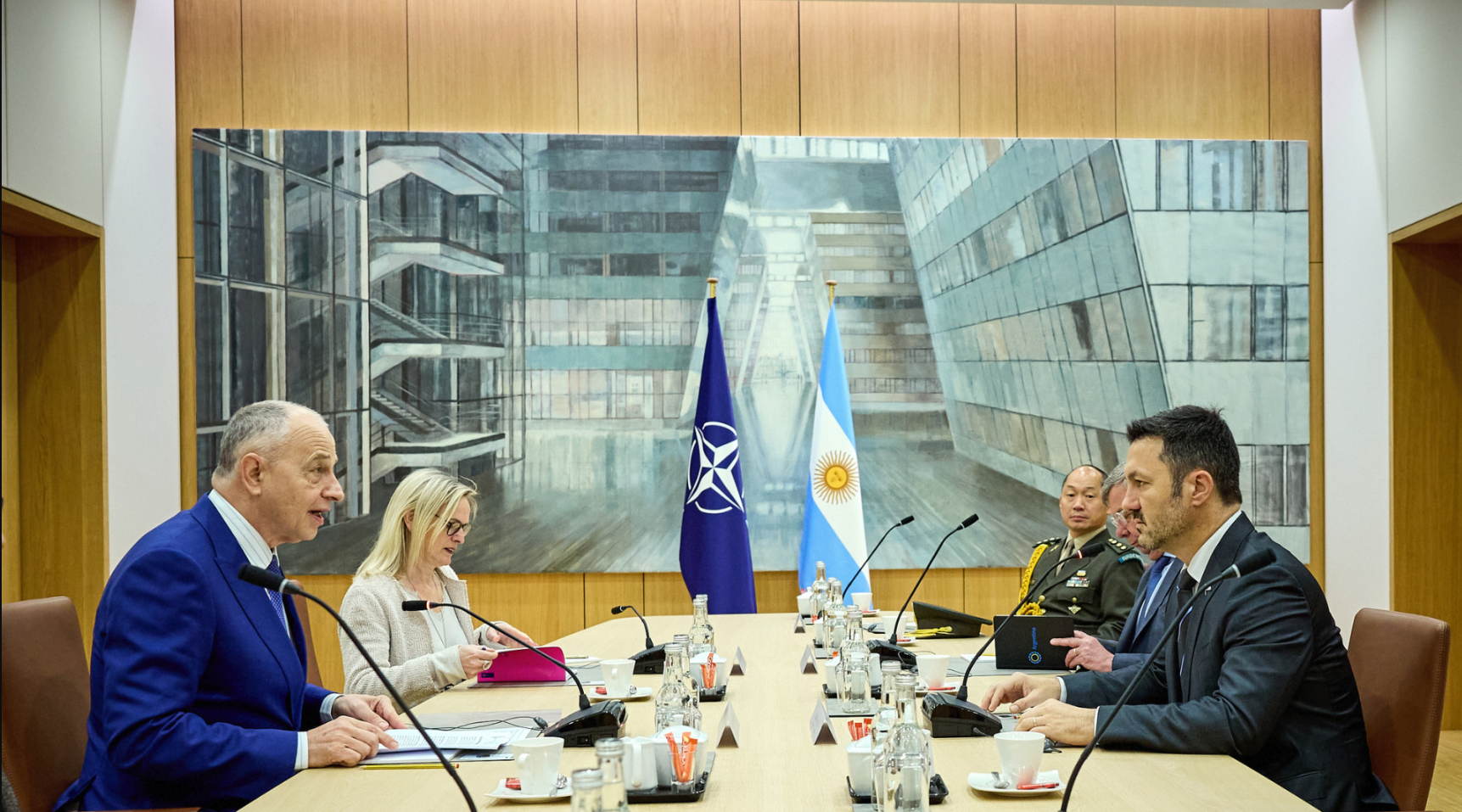A déjà vu – a French word meaning “already seen” – is a phenomenon in which one experiences a strong sensation that a current event or experience has already been lived previously. This is probably a good expression to explain the first 120 days of Javier Milei in the presidency of Argentina, between a certain change and also continuity with the 1990s.
Why change and why continuity?
We are facing a new project with foundational pretensions, like those of Raúl Alfonsín in 1983, Carlos Menem in 1989, and Néstor Kirchner in 2003, those enunciated in contexts of terminal or perceived terminal crisis: the collapse of the civil-military regime between 1982-1983 after the Malvinas debacle in the case of Alfonsín, the hyperinflation of 1989 in the case of Menem and the social collapse of 2001-2002 in the case of Néstor Kirchner.
Remembering that old children’s tale, while in the previous cases the wolf had come to stay, in this opportunity Javier Milei has warned us that, incarnated in the threats of hyperinflation and the Venezuelan way, the wolf is about to come. The President has repeated on many occasions that, had he not implemented a severe public finance adjustment plan, Argentina would have slipped into an inexorable path toward hyperinflation. It is worth remembering that the former candidate-minister of Economy Sergio Massa used to affirm that Argentina would have been heading toward the abyss if he had not assumed the responsibility as the head of the Economy portfolio in 2022. Recently, public policy in our country has been based on counterfactual statements.
The new president has established his own hinge of history, as his predecessors did in their time. However, unlike them, the year 2023 represents the beginning of a new historical cycle in Argentina after a hundred years of successive frustrations most probably resulting from the extension of the exercise of suffrage in the early twentieth century: Roque Saénz Peña (promoter of the Law of Universal Secret and Compulsory Suffrage in 1912), you are also “Casta”, the president would say.
In this way, Javier Milei has found his own answer to the question “When did Argentina get screwed?” paraphrasing Mario Vargas Llosa’s “When did Peru get screwed?” in his well-remembered work Conversations in The Cathedral.
Javier Milei’s foreign policy: a sensation of something already lived?
The foundational pretension described above defines not only the domestic policy but also the foreign policy, based on the postulate of a “new” way of linking Argentina with the international system.
Indeed, President Milei has established a model of unconditional alignment with the “Western world”, particularly with the United States, as well as with Israel, promoting the idea of moving the Argentine embassy from Tel Aviv to Jerusalem.
In the early 1990s, the then Foreign Minister Guido Di Tella, under the intellectual inspiration of the well-remembered Argentine political scientist Carlos Escudé and his theory of “peripheral realism”, postulated the idea that Argentina should establish, from then on, a “carnal” type of relationship with the United States. Based on this guiding idea, technological development programs such as the Condor Plan were deactivated, Argentina proceeded to send two ships in the context of the so-called Gulf War in 1991 and initiated steps that allowed our country to obtain the accreditation of an extra-NATO ally in 1998. The new Argentine government is in steps aimed at obtaining a broader NATO ally status, similar to that held by Colombia since May 31, 2018 as a NATO partner worldwide.
The libertarian government then proposes a type of relationship with the United States in 2024 typical of a world like that of the years 1989-1991, characterized by the fall of the Berlin Wall, the collapse of the Soviet Union, the consecration of the United States as the only world power, the impact of the third scientific/technological revolution and the discrediting of democratic (social democracy) and non-democratic (Stalinism) leftist alternatives. This new alignment does not seem to take into due consideration the rise of the People’s Republic of China in its strategic commercial relationship with Argentina in the last two decades, rather making an ideological reading of the Asian power in the key of the Cold War (“We are not going to deal with communists”, President Milei has stated on several occasions).
Today we are faced with a national economy that is subject to the evolution of at least two external variables: interest rates in the United States and domestic demand in China. This poses the challenge of an adequate understanding of this new complexity.
*Translated by Janaína Ruviaro da Silva from the original in Spanish.











